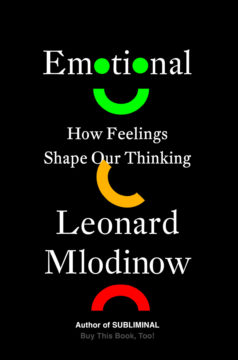Elizabeth Svoboda in Undark:
 In the fall of 1983, Soviet lieutenant colonel Stanislav Petrov was monitoring his country’s nuclear warning systems when alarm bells suddenly started ringing. The screen in front of him flashed the word “LAUNCH.” The alerts signaled what appeared to be a terrifying reality: The United States had lobbed five intercontinental missiles straight at the USSR.
In the fall of 1983, Soviet lieutenant colonel Stanislav Petrov was monitoring his country’s nuclear warning systems when alarm bells suddenly started ringing. The screen in front of him flashed the word “LAUNCH.” The alerts signaled what appeared to be a terrifying reality: The United States had lobbed five intercontinental missiles straight at the USSR.
Petrov knew what he was supposed to do next: pick up his phone and report the launch to the Soviet high command. Yet he hesitated as fear gripped him. He knew his report would mean the start of a nuclear World War III. Everything in him protested against such a possibility, and his fear mixed with an inchoate suspicion that the alerts might be wrong. So he waited, seconds ticking torturously away, until confirmation came that no missiles had been launched. Sunlight reflections, it turned out, had confused Soviet monitoring satellites and triggered the alert system. Petrov’s emotion-driven response had steered two world powers clear of mutually assured destruction.
In “Emotional: How Feelings Shape Our Thinking,” physicist and science writer Leonard Mlodinow explores our feelings’ power to spur this kind of intelligent, nuanced action, even if the world’s fate doesn’t hang in the balance.
More here.
